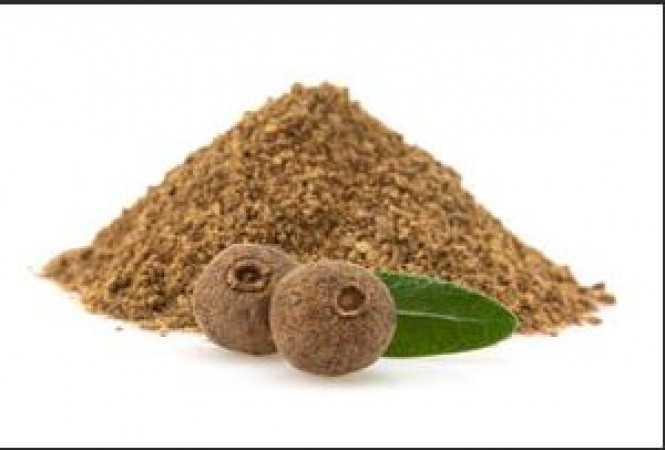In recent years, there has been a growing buzz surrounding coconut sugar and its potential benefits for diabetic individuals. But is it truly a panacea for those living with diabetes? Let's delve into the world of coconut sugar to uncover the facts.
Understanding Diabetes
Before we explore the potential benefits of coconut sugar, it's essential to understand diabetes. Diabetes is a chronic medical condition characterized by elevated blood sugar levels. There are two primary types of diabetes:
Type 1 Diabetes
- An autoimmune condition.
- Occurs when the body's immune system mistakenly attacks and destroys insulin-producing cells in the pancreas.
- Requires insulin injections for treatment.
Type 2 Diabetes
- Often associated with lifestyle factors.
- The body becomes resistant to insulin, leading to elevated blood sugar levels.
- Managed through dietary changes, exercise, and medications if necessary.
The Coconut Sugar Controversy
Coconut sugar, also known as coconut palm sugar or coco sugar, is derived from the sap of the coconut palm tree's flower buds. It has gained popularity as a natural sweetener and is often touted as a healthier alternative to table sugar. Here's what you need to know about coconut sugar:
1. Glycemic Index (GI)
- Coconut sugar has a lower glycemic index compared to regular sugar.
- GI measures how quickly a food item raises blood sugar levels.
- Lower GI foods are believed to cause slower and less significant spikes in blood sugar.
2. Nutrient Content
- Coconut sugar contains trace amounts of nutrients like iron, zinc, and antioxidants.
- It is less processed than white sugar, which retains some of its natural nutrients.
3. Fructose Content
- Coconut sugar contains a significant amount of fructose, a natural sugar found in fruits.
- High fructose intake can have adverse effects on metabolic health.
Debunking the Panacea Myth
While coconut sugar may have some advantages, it is not a panacea for diabetic patients. Here's why:
1. Sugar is Still Sugar
- Coconut sugar may have a lower GI, but it is not significantly different from regular sugar in terms of its carbohydrate content.
- Diabetics should still consume it in moderation and monitor their blood sugar levels.
2. Fructose Concerns
- The fructose content in coconut sugar, while natural, can be problematic for those with diabetes.
- Excessive fructose intake may lead to insulin resistance and other metabolic issues.
Making Informed Choices
Instead of seeking a panacea, individuals with diabetes should focus on making informed dietary choices:
1. Portion Control
- Whether it's coconut sugar or regular sugar, portion control is crucial.
- Monitoring carbohydrate intake can help manage blood sugar levels effectively.
2. Balanced Diet
- A balanced diet rich in fiber, lean proteins, and whole grains can benefit diabetics.
- Incorporate fruits and vegetables while keeping sugar intake in check.
3. Consult a Healthcare Professional
- Always consult with a healthcare provider or a registered dietitian for personalized dietary recommendations.
- They can help create a tailored plan to manage diabetes effectively.
In conclusion, coconut sugar is not a miraculous solution for diabetic patients. While it may offer some advantages over traditional sugar, it should be consumed in moderation. Managing diabetes requires a holistic approach, including dietary choices, exercise, and medical guidance. Remember, there is no one-size-fits-all solution, and what works best may vary from person to person. Coconut sugar may have gained attention as a potential sugar substitute, but it's essential to approach it with caution, especially for those with diabetes. While it may have a lower glycemic index and some nutritional benefits, it's not a panacea and should be part of a well-balanced diabetic diet. Always consult with a healthcare professional for personalized advice on managing diabetes through dietary choices and lifestyle modifications.
How to Embrace the Green Way to Good Health: Importance and Benefits of Vegetarian Food
Almonds vs. Pistachios: A Nutritional Showdown for Your Health
The Right Way to Eat Almonds: Benefits, Precautions, and Potential Harm
